fortune cookies, History, japanese food
Fortune Cookies: They’re Japan’s Best-Kept Secret!

Thalia Harris
Posted on January 30, 2023
Share:
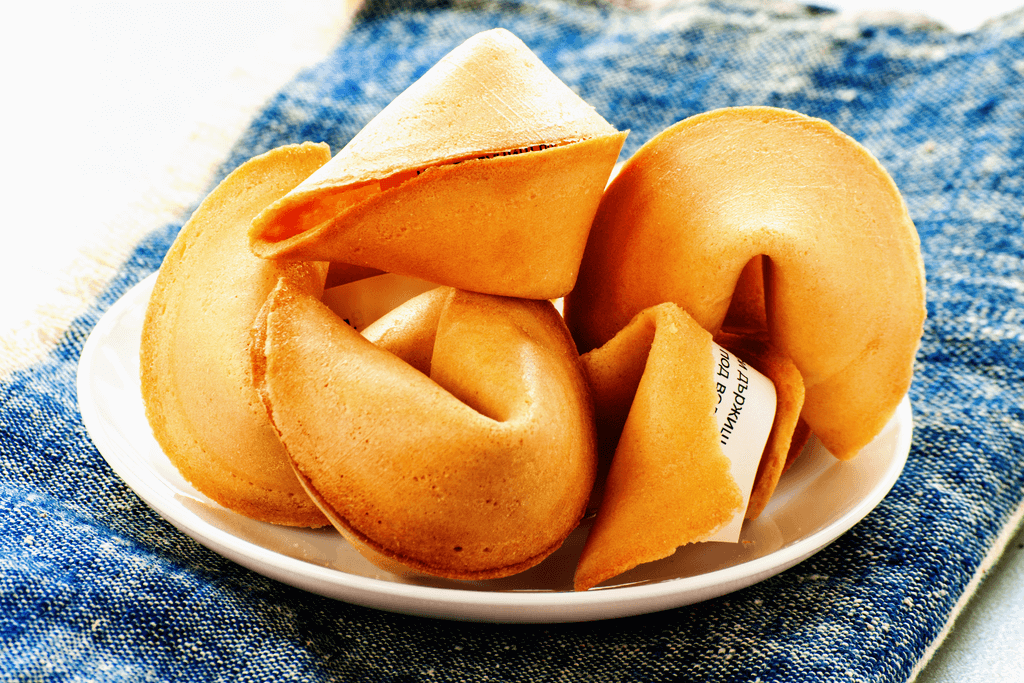
Fortune cookies’ history isn’t what many people think it is, even though they are a staple of Chinese-American food. When it was first made in Kyoto, Japan, in the 1800s, the fortune cookie was called something else.
The name of it was tsujiura senbei. “Tsujira,” similar to “omikuji notes,” tells people their fortunes. These senbei were larger than their Chinese-American counterparts. They also had sesame seeds and white miso.
History in Japan
The first fortune cookies came from Kyoto, Japan, in the 1800s. They were mainly street food. However, you could also find it at places of worship like shrines and temples. Each tsujiura senbei held a fortune, just like the omikuji tradition. In omikuji, people who went to shrines would pick an end from a box, and the fortune would tell them what would happen in the future.
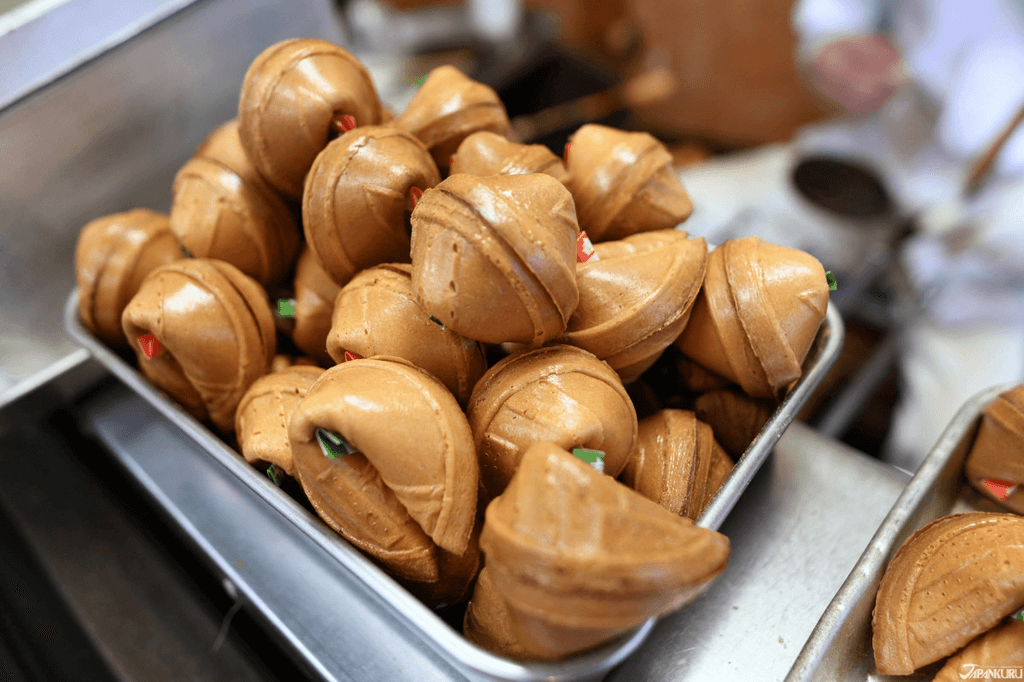
People say that the Fushimi Inari Shrine in Kyoto was the first place in Japan to make fortune cookies. The fox-shaped senbei that they made also made them well-known. The fox-shaped senbei and the tsujiura senbei were famous for their crisp and shiny texture.
Are you looking for classic treats like tsujiura senbei? Check out Sakuraco! Sakuraco sends traditional Japanese snacks, teas, sweets, and kitchenware so you can taste Japanese culture in the comfort of your home!
Fortune Cookies in the United States
Tsujiura senbei came to the United States with many Japanese immigrants who arrived in the second half of the 19th and early 20th centuries. In 1895, Makoto Hagiwara was the first Japanese immigrant to open a restaurant in San Francisco, California. He was also the first to serve what we now call a fortune cookie.

Makoto Hagiwara was also the first person in the United States to operate a Japanese restaurant. Hagiwara ran the Japanese Tea Garden in Golden Gate Park and served the traditional tsujiura senbei to those who came there. But at the beginning of the 20th century, people in the United States were selective about the kinds of ethnic food they liked. So, the savory tsujiura senbei’s flavor profile had to change in popularity.
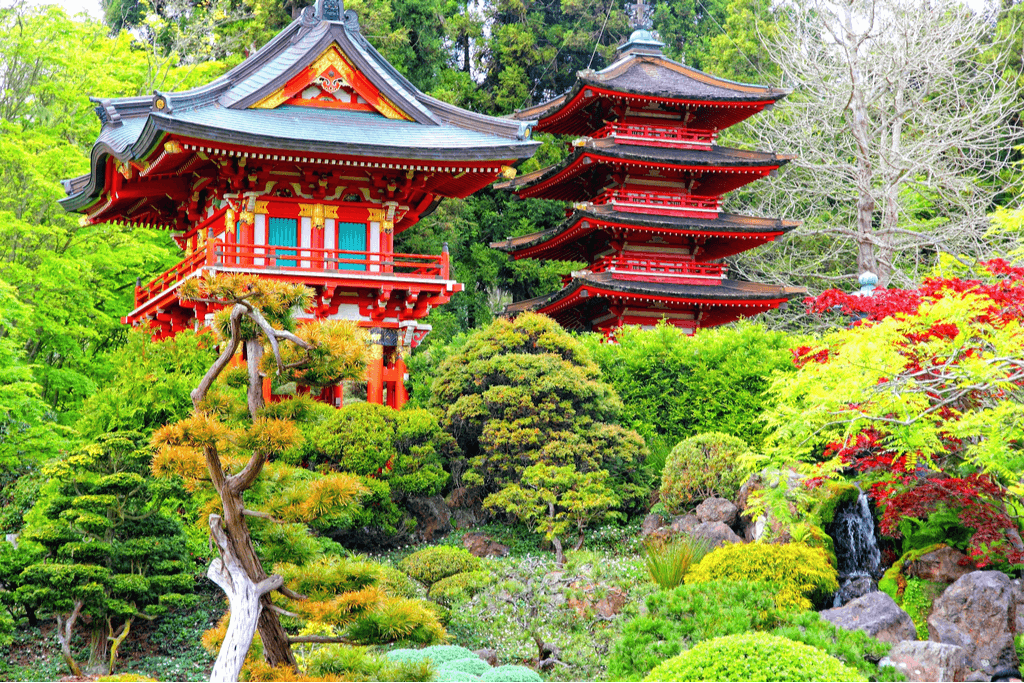
Cooks changed the traditional miso flavor of tsujira senbei cookies to the mild vanilla flavor that is more common today. This was so that the cookies would be more appealing to Americans. To better suit American tastes, the size of the fortune cookie was decreased, and the amount of sugar was added.
As the number of people who wanted these cookies grew, the Hagiwara family decided to give the big job of making fortune cookies to a local shop called Benkyo-do. They then sent the cookies to Chinese restaurants in the area.
At the time, most owners and workers were Japanese. This was because there were few exceptions to laws against Chinese immigration, and Japanese food was not very popular then. This is how the idea of getting your fortune from a cookie became linked to Chinese food.
Why are fortune cookies no longer related to Japan?
Unfortunately, things that happened during World War II linked fortune cookies and Chinese food even more substantially. After the Empire of Japan attacked the U.S. naval base at Pearl Harbor in 1941, Franklin D. Roosevelt, who was president at the time, gave the order to put all Japanese Americans in internment camps.
Because of this, many businesses owned by Japanese Americans had to close, including some that made fortune cookies. This made it possible for companies owned by Chinese Americans to start making cookies. This made their connection to Chinese food even more substantial.
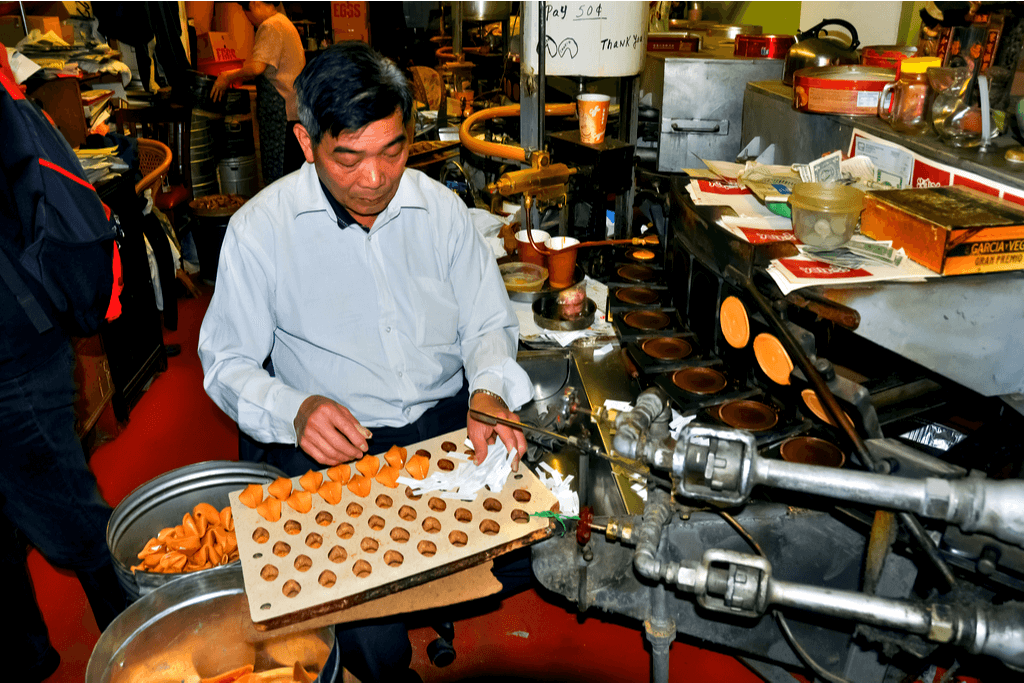
Therefore, fortune cookies came from Japan, even though they are most often associated with Chinese-American food. But the history of the fortune cookie shows how people from different cultures have mixed and changed in the United States due to immigration.
This is something you can learn from looking at the cookie. Through immigration, cultural assimilation, and changes in history, the fortune cookie, which was once thought to be a traditional Japanese street food, has become an essential part of Chinese-American cuisine.
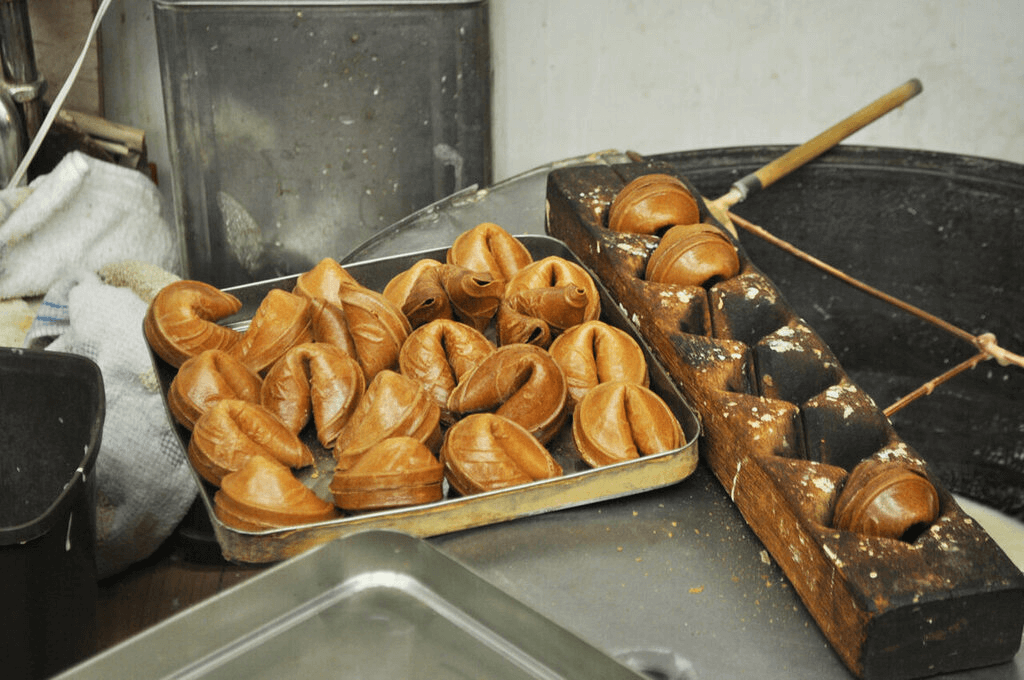
However, tsujiura senbei is still available to everyone who wishes to partake! It’s a beautiful, traditional Japanese treat with a lot of history. Have you ever had tsujiura senbei before? Let us know in the comments below.
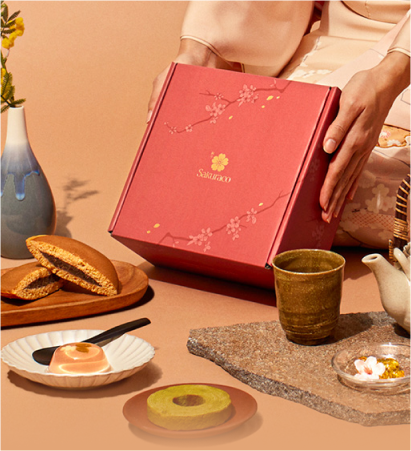
Discover authentic flavors with Sakuraco
Get Sakuraco 

Discover authentic flavors with Sakuraco
Get Sakuraco 
Related Articles
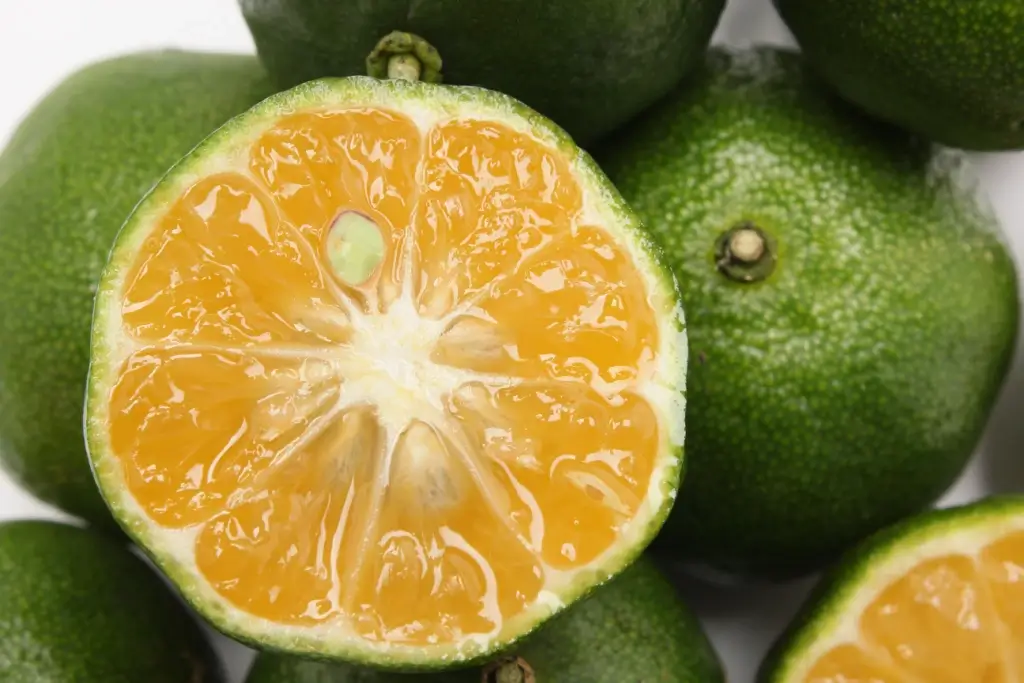
Shikuwasa: A Citrus Delight from Okinawa
In Okinawa, the fruit shikuwasa is widely used in various kinds of food and drink. Let’s explore this remarkable Okinawan fruit in more detail!

Japanese Vegetables: Awesome Picks for Hot Days!
People often crave cool foods and drinks to beat the heat in summer. Vegetables are always one of the top ingredients and essential in summer cuisine. This season offers a wide variety of delicious and healthy vegetables. Let’s explore some of the most popular Japanese vegetables in summer dishes!
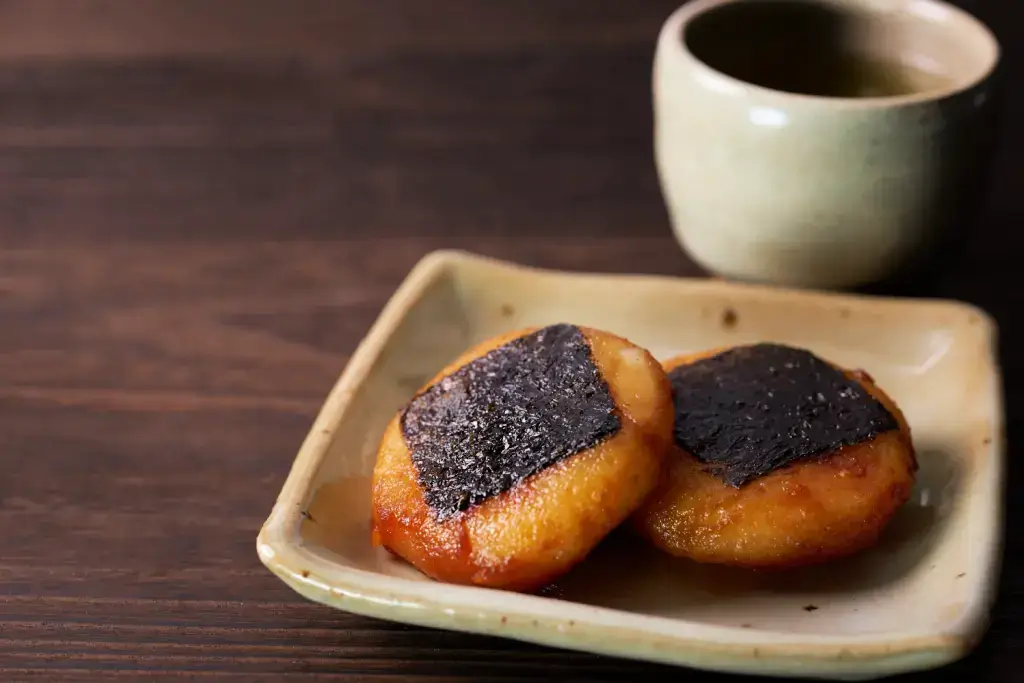
What Is Mochi When You Fry It? It’s Agemochi!
Agemochi is a deep-fried mochi snack that is crunchy on the outside and full of rich flavor. It differs from fresh mochi but is still made from the same rice base. People of all ages love this tasty treat and is easy to find in shops around Japan.
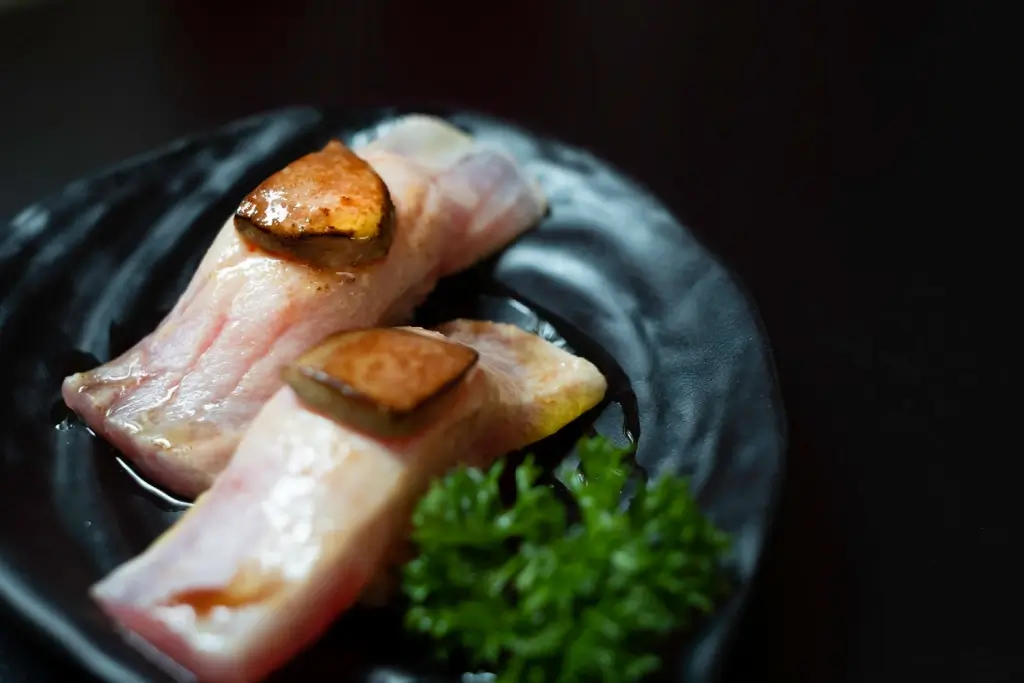
Omakase Experiences You Must Try While in Japan!
One of the best foodie experiences to try in Japan is omakase, where you trust the chef to create a unique meal just for you. This style highlights fresh, seasonal ingredients and offers a personal, unforgettable dining journey. Here are five must-visit omakase restaurants that showcase Japan’s culinary artistry.



